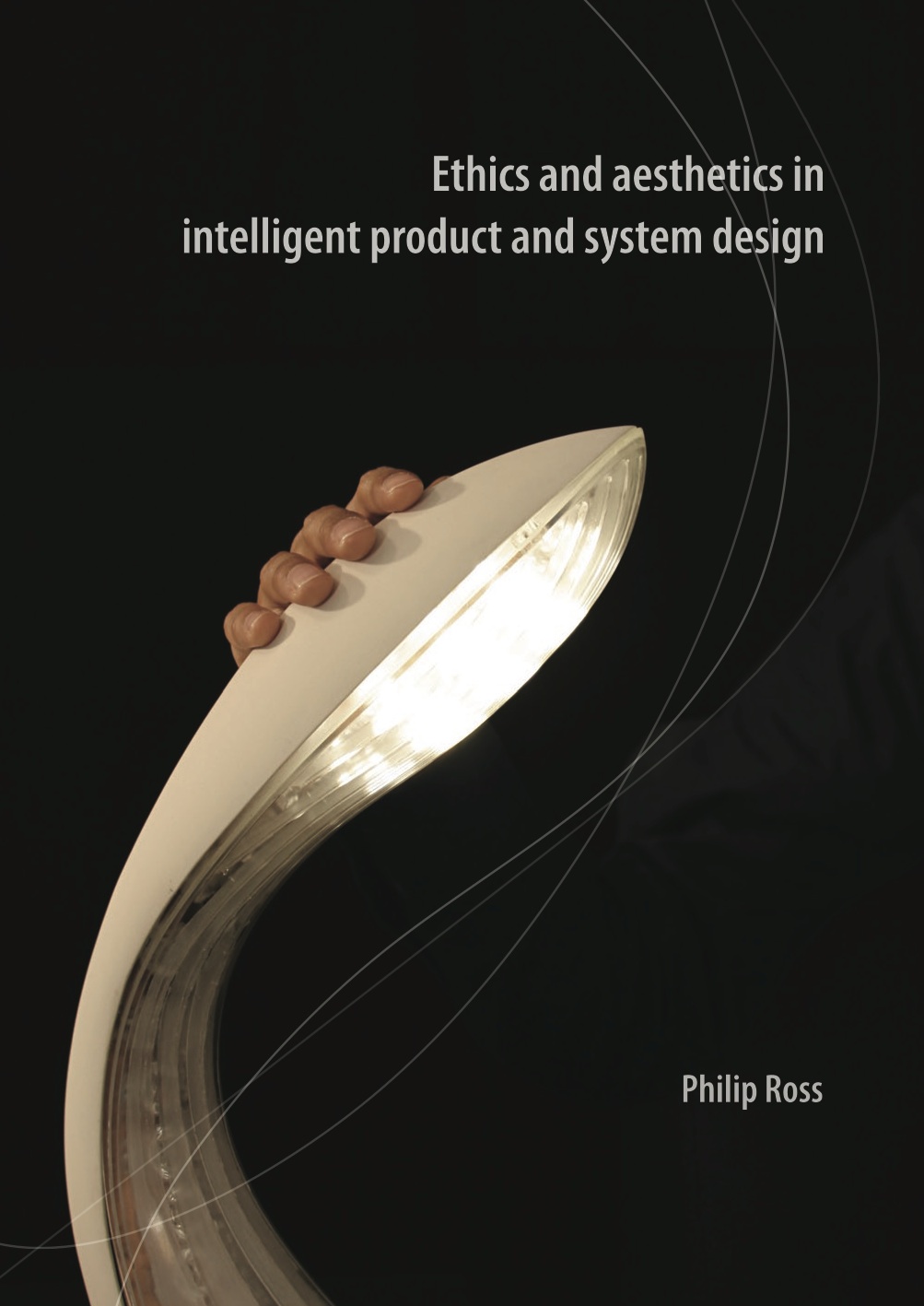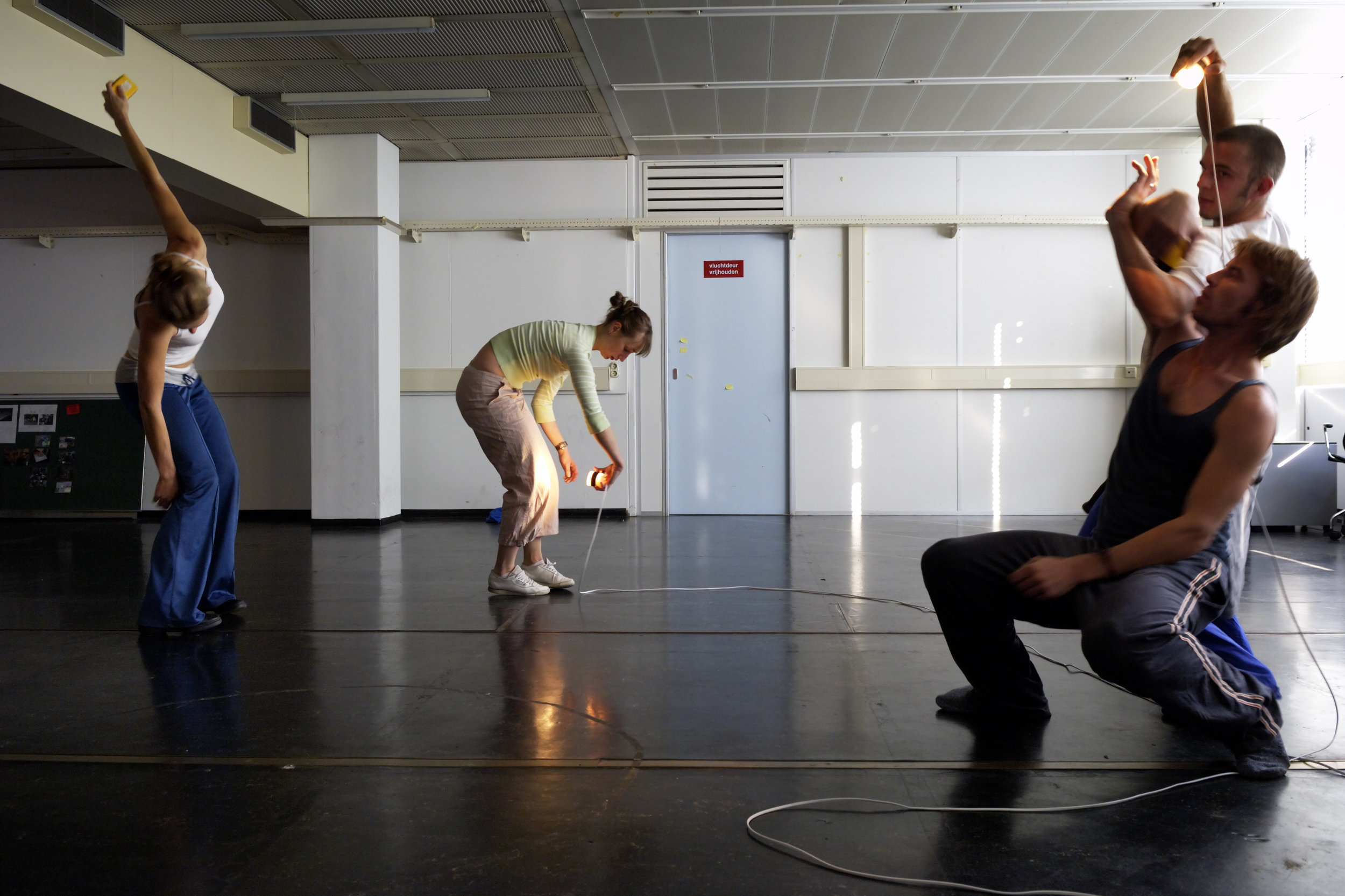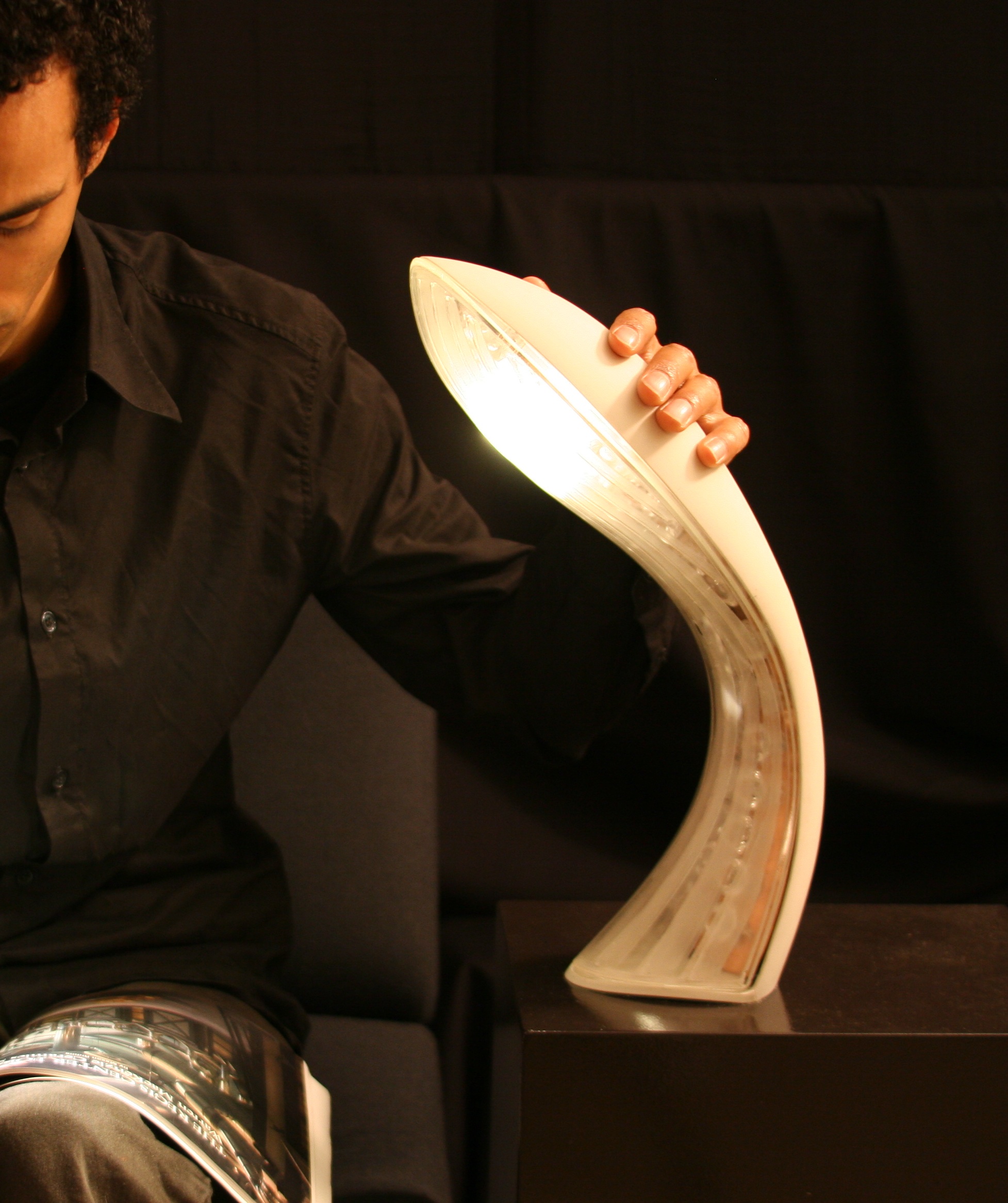How to design intelligent systems for transformation?
PhD research, Industrial Design TU/e (2008, cum laude)




Values are in my view essential to design of intelligent products and systems. The systems we use doe more than just functioning: They transform our behaviours (Verbeek, 2005). Look for example how the primary functionality of the traditional mobile phone (an audio link) radically changed the way we engage in our social relations. As designers, we should ask ourselves what direction of influence on human behaviour would be desirable in a given context. This is a moral question. I use Human Value theory from psychology (Schwartz, 1992) to frame this question. Next to finding direction, we need to be able to design interactivity and intelligence. We need to be able to incorporate human richness, sensitivity and beauty into these highly technical systems, that are often highly information driven and lacking in bodily, emotional and social richness. I expand on the concept of Pragmatic Aesthetics (Shusterman 2000), to offer designers a framework to help design for human-system interactions that unite values and aesthetics. The theoretical background is interwoven with practical tools, techniques and design examples that should help designers explore and work with the relation between ethics and aesthetics in intelligent product and system design.
Download the PhD thesis here
